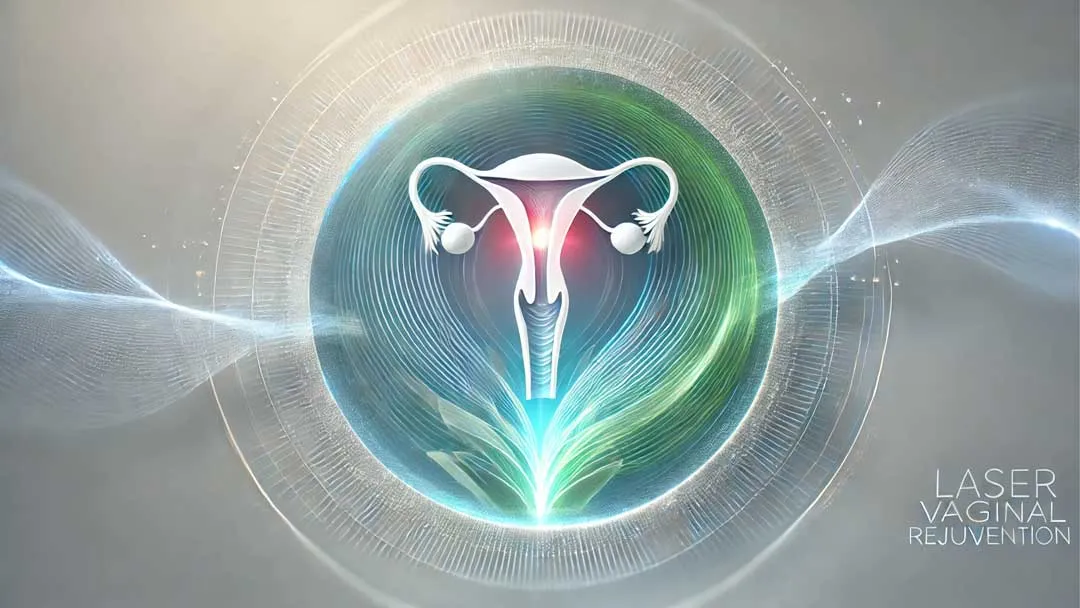5 Effective Treatments for Vaginal Dryness: Your Guide
Understanding the Condition
Vaginal dryness affects women of all ages, though it becomes increasingly common during life transitions. Recent studies show that 17% of women aged 18-50 experience this condition, with the percentage rising significantly during and after menopause. While common, this condition can significantly impact daily comfort and intimate relationships. Visit our comprehensive resource to learn more about contributing factors and available solutions.
Key Points: Managing Vaginal Dryness
- Regular use of appropriate moisturizing products helps maintain tissue health
- Professional treatments can address underlying causes
- Lifestyle modifications may improve natural moisture levels
- Various treatment approaches available based on individual needs
- Protection against irritants supports overall tissue health
1. Professional Hormone Therapy
Hormone therapy represents a foundational approach to addressing vaginal dryness, particularly during significant life transitions. This treatment works by supporting the body’s natural processes, helping restore moisture and tissue elasticity. A healthcare provider can determine if this option suits your specific situation and health history.
2. Regular Moisturizing
Regular use of appropriate moisturizing products can provide ongoing relief from discomfort. Unlike products designed for intimate moments, moisturizers offer sustained benefits through regular application. They work by adhering to vaginal tissues, providing extended moisture release.
When selecting moisturizing products, focus on those containing beneficial ingredients like hyaluronic acid. Regular application, typically every few days as directed, helps maintain consistent comfort. For personalized recommendations, consider scheduling a consultation with The Women’s Health Clinic.
3. Intimate Lubricants
Water-based lubricants provide immediate comfort during intimate moments. These products offer temporary relief and are compatible with barrier protection methods. Choose products specifically designed for intimate use, as they’re formulated to maintain proper pH balance and tissue health.
While lubricants effectively address immediate needs, they complement rather than replace ongoing moisture maintenance. For information about comprehensive care approaches, including additional treatment options, consult with a healthcare provider.
4. Comprehensive Hormone Support
Systemic hormone therapy offers broader support for various physical changes, particularly during natural life transitions. This approach may address multiple symptoms simultaneously, though its suitability varies by individual. Professional evaluation helps determine the most appropriate form of support for your specific situation.
Systemic Approach
Comprehensive support options
Targeted Care
Focused treatment options
Key Benefits
Multiple symptom support
Important Notes
Individual assessment required
5. Alternative Approaches and Lifestyle Support
Various non-hormonal options exist for those seeking alternative approaches. The Women’s Health Clinic offers innovative treatments like Nu-V Technology for tissue rejuvenation, which uses advanced technology to support natural tissue health.
Supporting overall health through proper nutrition and hydration can complement specific treatments. Regular physical activity, including appropriate pelvic floor exercises, may help maintain tissue health. Avoiding potential irritants and maintaining proper intimate hygiene also play important roles in overall comfort.
Moving Forward
Vaginal dryness, while common, deserves professional attention when it affects your quality of life. The Women’s Health Clinic offers comprehensive evaluation and personalized treatment plans, including both traditional and innovative approaches to address your specific needs.
Whether you’re experiencing changes related to natural life transitions or seeking information about treatment options, professional guidance can help you make informed decisions about your health care.


